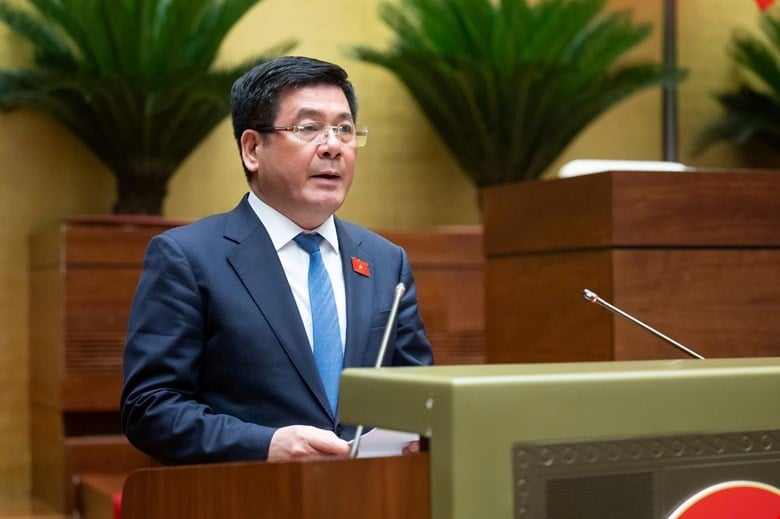 |
| Minister Nguyen Hong Dien presented to the National Assembly |
Meeting global and domestic challenges
The Government affirmed that the amendment of the Law on Economical and Efficient Use of Energy is necessary to institutionalize the Party's policies and respond to challenges from climate change, international green regulations and sustainable development requirements. Resolution 55-NQ/TW of 2020 of the Politburo emphasized the orientation of national energy development, prioritizing the use of economical and efficient energy to ensure energy security and environmental protection. Resolution 24-NQ/TW of 2013 and related conclusions of the Politburo also required strengthening resource management and responding to climate change. Decision 1658/QD-TTg of 2021 approving the green growth strategy for the period 2021-2030, with a vision to 2050, identified energy efficiency as a core goal.
The Law on Economical and Efficient Use of Energy in 2010 created an important legal foundation, demonstrating the policy of prioritizing the use of energy economically, linking economic development with environmental protection. However, after 15 years, the Law has revealed many shortcomings. Current regulations have not met the requirements of global green policies, such as the European Union (EU) carbon tax applicable from 2026, the border carbon adjustment mechanism (CBAM), or carbon tracing regulations in the US, Japan, and ASEAN markets. These regulations directly impact Vietnam's key export industries such as textiles, footwear, steel, and electronics, affecting 20 million direct workers and the national GDP.
Domestic practice also shows limitations in mobilizing resources for green industrial transformation. Vietnamese enterprises lack financial support mechanisms, such as preferential funds or loan guarantees, to meet international green standards, leading to a loss of competitive advantage. Meanwhile, countries such as the EU, the US, South Korea, and Thailand have strongly implemented mechanisms such as Voluntary Agreements or the Energy Service Company (ESCO) model. The Fourth Industrial Revolution, with its artificial intelligence, big data, and cloud computing technologies, opens up potential for energy savings, but current laws have not created a legal corridor to promote technological transformation.
Vietnam committed to achieving net zero emissions by 2050 at COP26, which requires a shift from fossil fuels to renewable energy and increased energy efficiency mandates. The government stressed that the law amendment will streamline the legal system, remove barriers, and leverage international resources to promote investment in energy-efficient products and projects, in line with Power Development Plan VIII.
Strengthening mechanisms to ensure feasibility
The draft law amends and supplements 21 clauses of 19 articles of the 2010 Law on Economical and Efficient Use of Energy, focusing on four policies proposed by the Government. The draft retains 30 articles, inheriting current energy management regulations, but amends and supplements them to comply with new requirements. Specifically, the draft amends 24 clauses of 17 articles, adds 15 clauses of 8 articles, and abolishes 2 clauses of 2 articles, aiming to strengthen financial, technical, and state management mechanisms.
The draft proposes financial instruments such as tax, land, interest, and loan guarantees incentives to support businesses in investing in energy-saving projects, helping to meet green regulations of the EU, the US, and Japan. The law encourages the development of the energy consulting service market, promotes the ESCO model, and enhances technological transformation in the industrial, commercial, and service sectors. Mandatory regulations on energy saving are strengthened, replacing incentive mechanisms, to implement the commitment to net zero emissions.
Regarding decentralization, the draft transfers authority from the Prime Minister to the People's Committees of provinces and cities in issuing the list of key energy-using facilities, and from the Prime Minister to specialized management ministries in issuing the list of energy-labeled equipment. The draft cuts 50% of administrative procedures, from 4 to 2, including eliminating the procedures for granting energy labeling certificates and energy audit certificates, meeting the administrative reform requirements of Official Dispatch 22/CD-TTg in 2025.
The Government affirmed that the draft is compatible with international commitments at COP26 and does not contravene international treaties to which Vietnam is a party. The draft ensures gender equality, applies to all subjects without discrimination, and is in accordance with the 2013 Constitution and the Law on Gender Equality.
Regarding implementation, the Government assigned the Ministry of Industry and Trade to manage the state, coordinate with ministries, branches, and localities. The law does not increase the payroll or social investment budget, and uses the existing apparatus. After being approved, the Government will issue detailed guidance documents, organize propaganda, and supervise implementation. The draft was developed from the beginning of 2025, widely consulting with ministries, localities, businesses, and experts, ensuring transparency and feasibility.
The draft Law amending and supplementing the Law on Economical and Efficient Use of Energy is a strategic step for Vietnam to adapt to global green regulations, enhance economic competitiveness, and fulfill its commitment to net zero emissions. With enhanced financial, technological, and management mechanisms, the law will create a legal corridor to promote green industrial transformation, protect the environment, and ensure energy security, towards a sustainable Vietnam in the new era. |
Source: https://thoibaonganhang.vn/sua-doi-luat-su-dung-nang-luong-la-chan-xanh-cho-kinh-te-viet-nam-163707.html


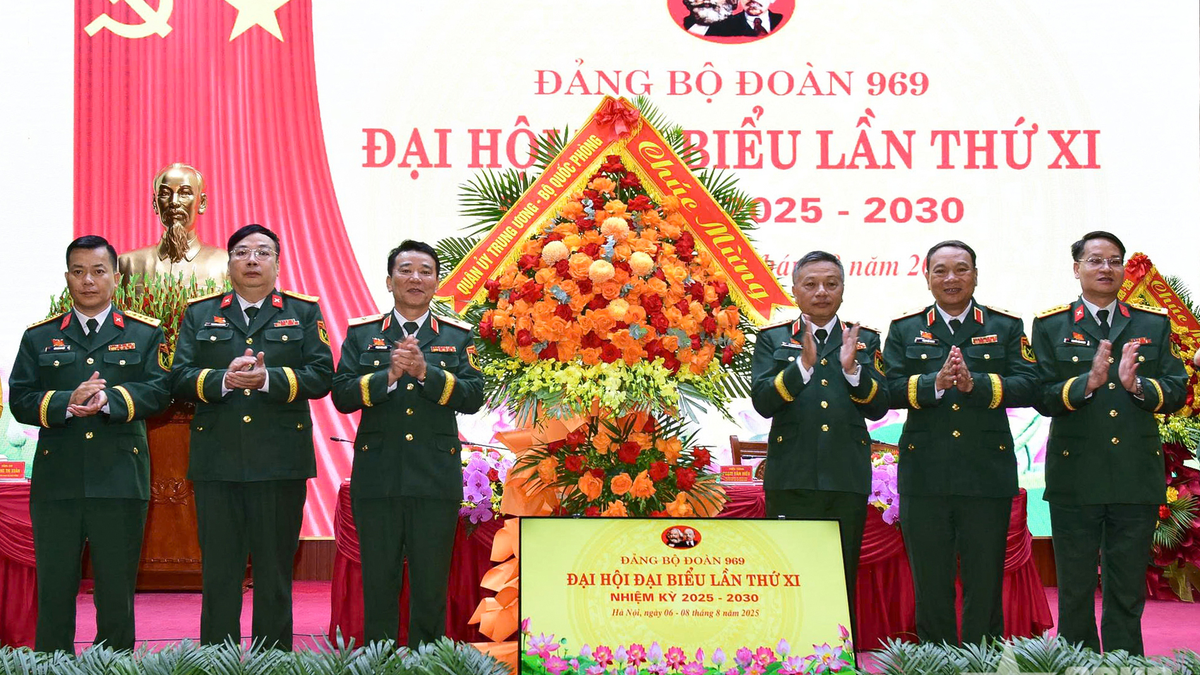
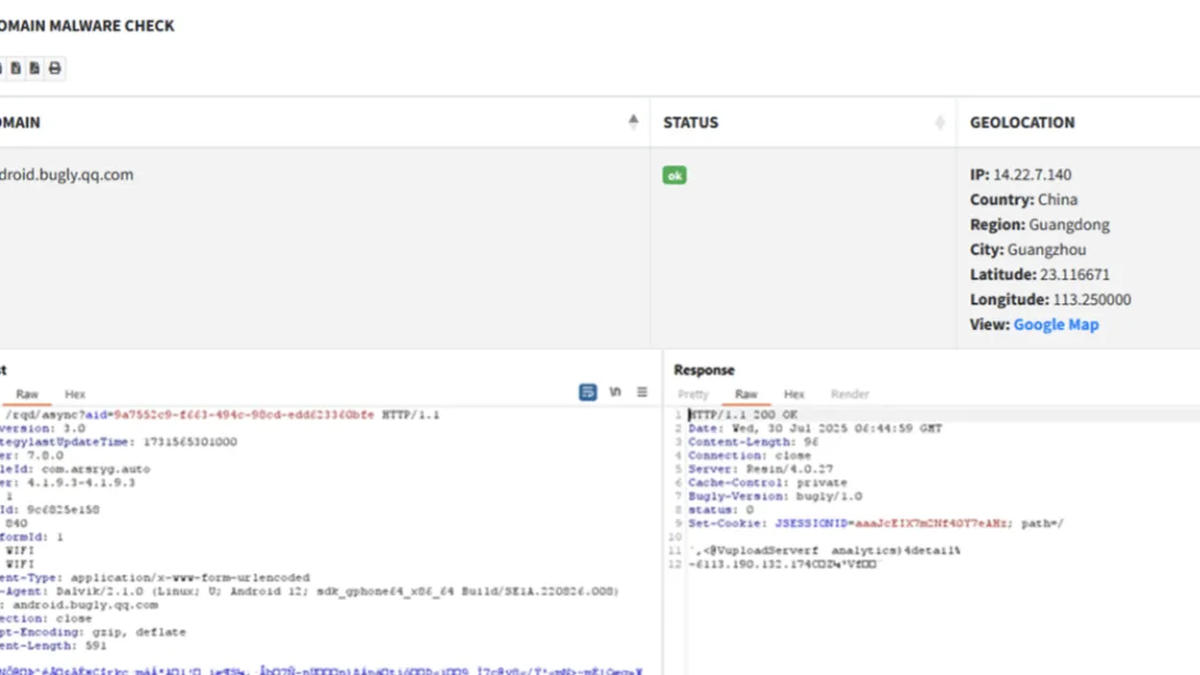
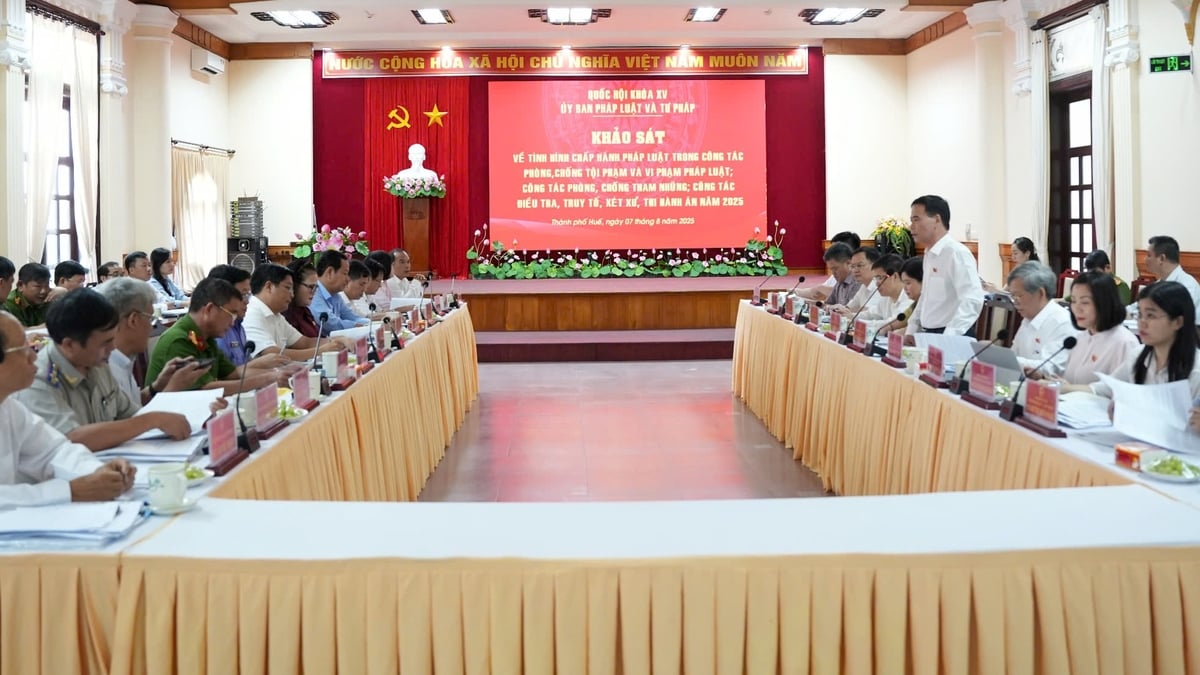



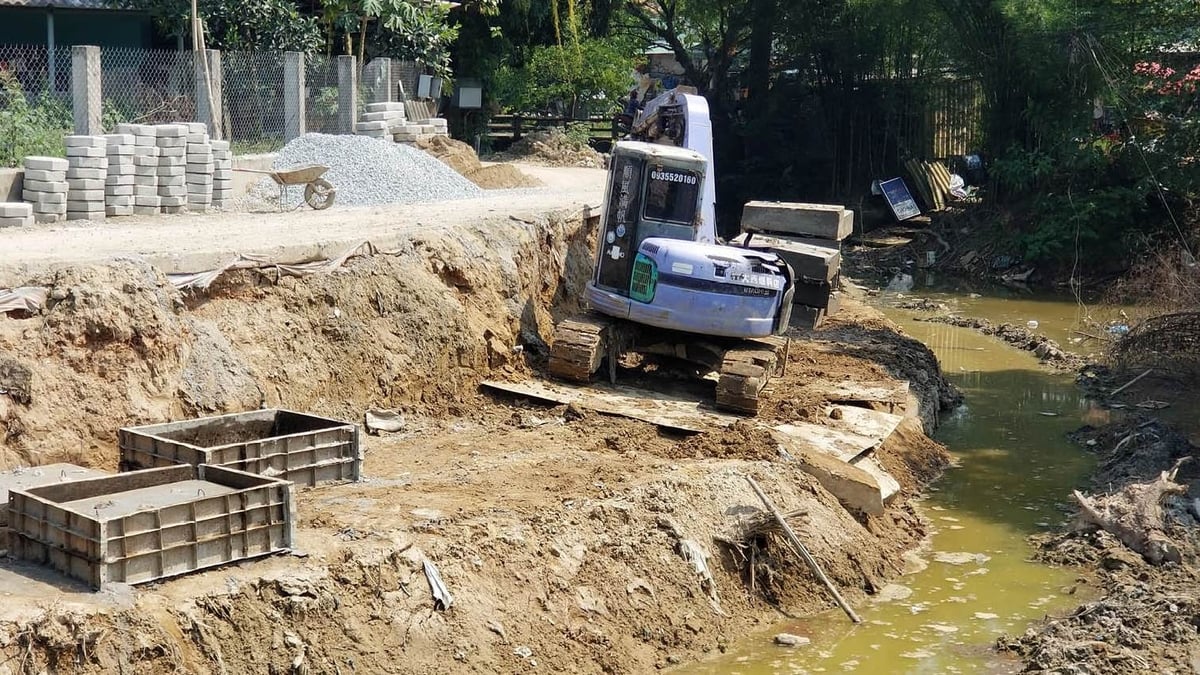
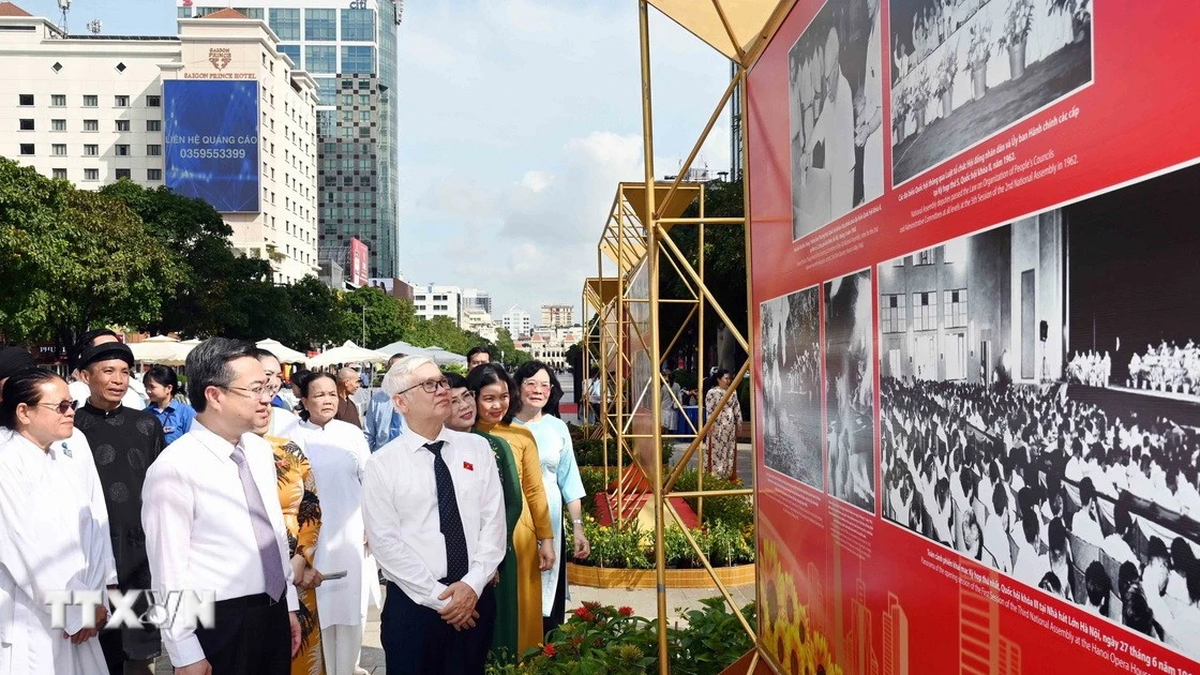

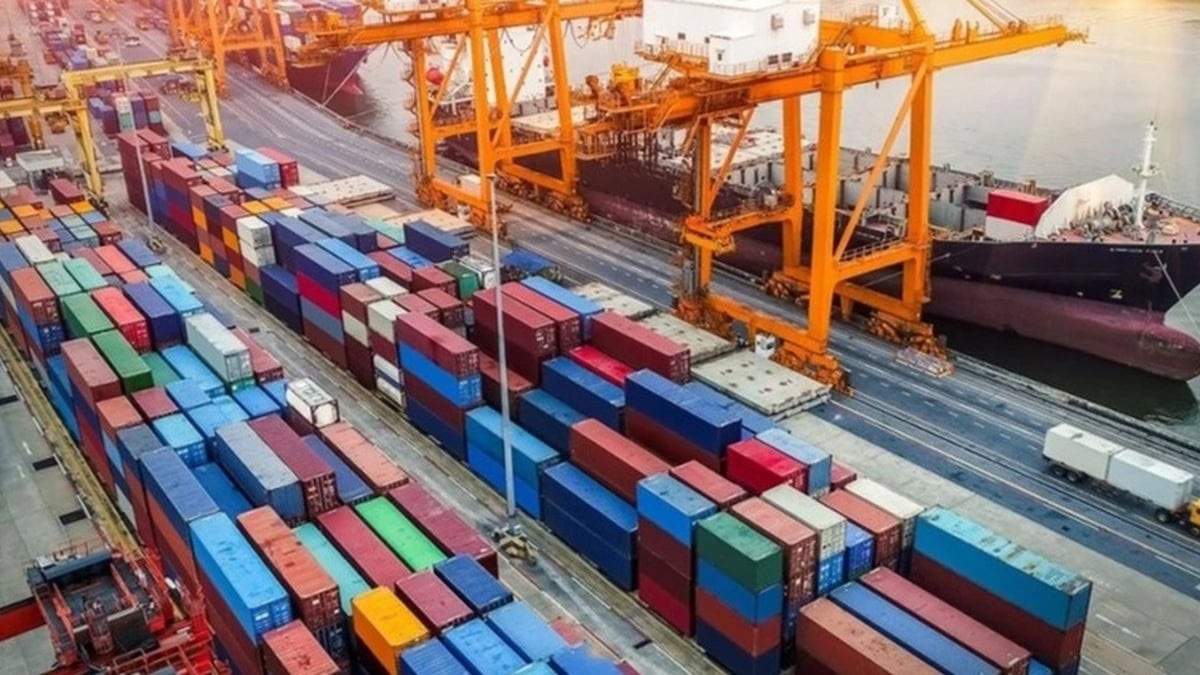












![[Photo] Nghe An: Provincial Road 543D seriously eroded due to floods](https://vphoto.vietnam.vn/thumb/1200x675/vietnam/resource/IMAGE/2025/8/5/5759d3837c26428799f6d929fa274493)



![[Photo] Discover the "wonder" under the sea of Gia Lai](https://vphoto.vietnam.vn/thumb/1200x675/vietnam/resource/IMAGE/2025/8/6/befd4a58bb1245419e86ebe353525f97)





























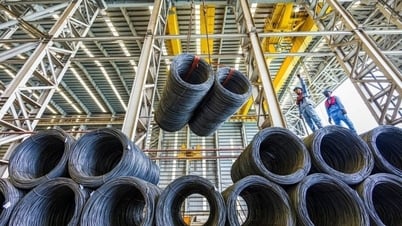



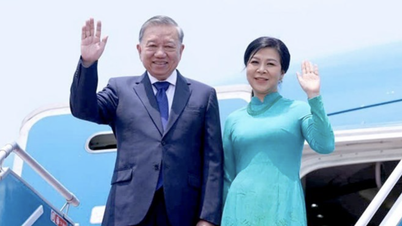


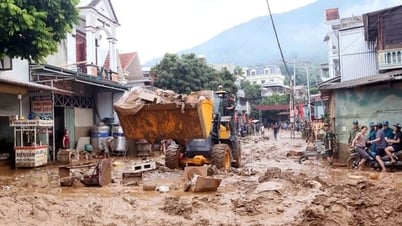



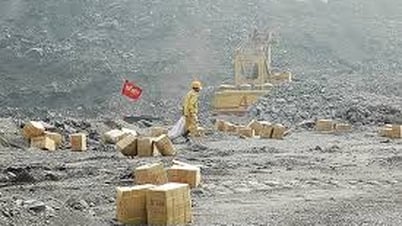




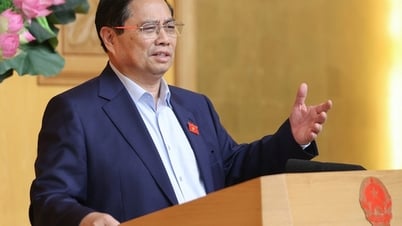
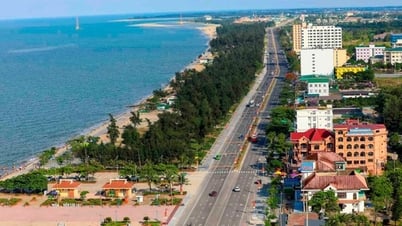


















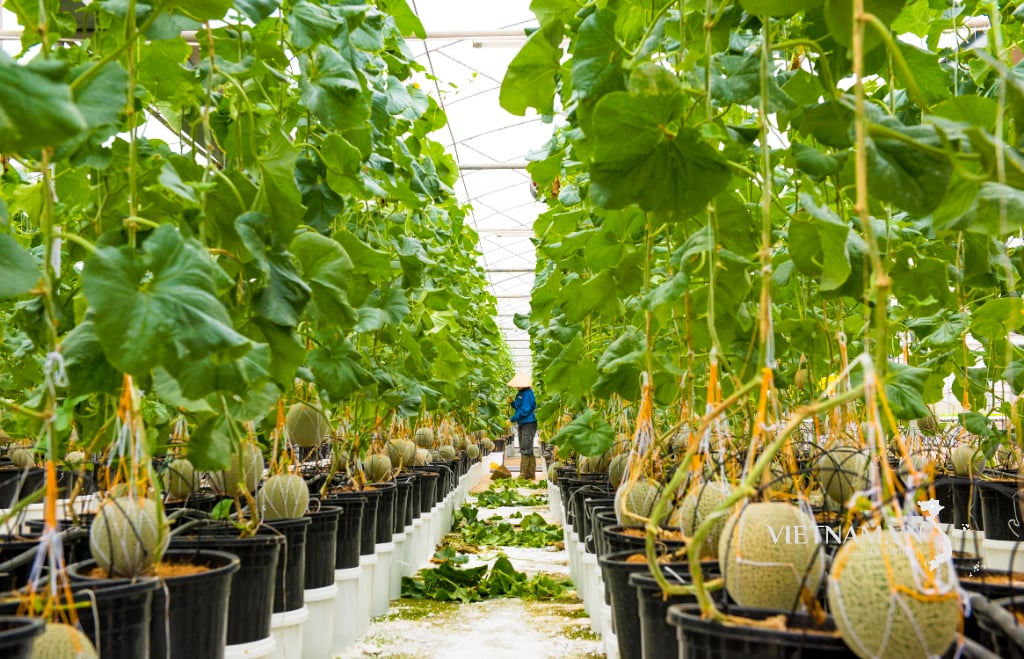


Comment (0)